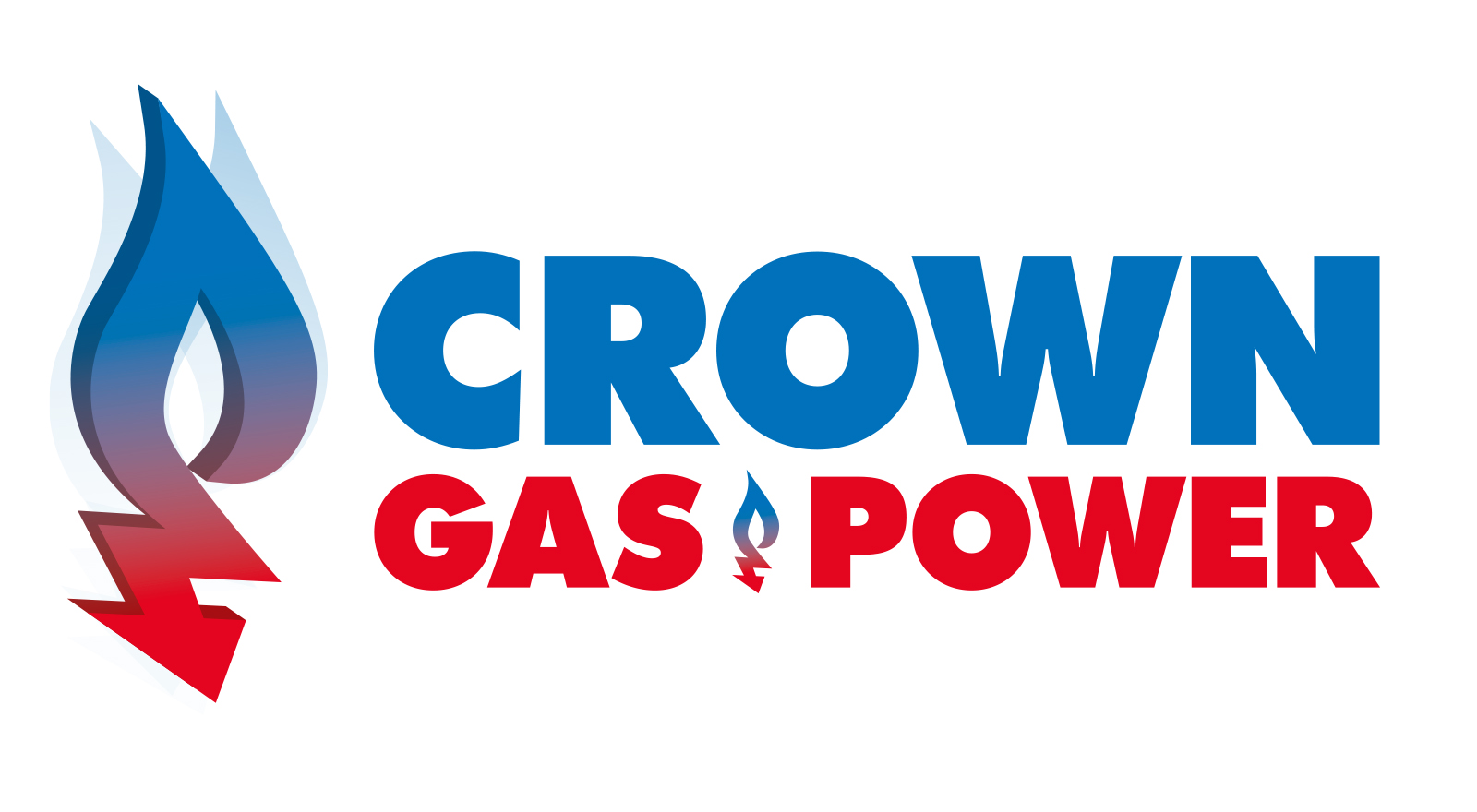835,580 and counting…
On the 26th January 2019 a small Scottish based energy supplier, Our Power, announced that they had ceased trading. This event was seldomly reported by the major media outlets, suggesting that whilst a supplier collapse is unfortunate for all those involved, public interest has generally accepted that this is now the norm. To put this into perspective, Our Power represents the tenth supplier collapse in 2018/19 alone. Before this you have to go back to 2016 where only one supplier folded (GB Energy) and then rewind a further eight years to find Electricity 4 Business (2008). If we are to use the publicised data of the ten 2018/19 companies which entered Ofgem’s Supplier of Last Resort (SoLR) process, then we estimate that 835,580 customers have been displaced over the past year.
What is driving the recent surge?
There are a number of factors at work. The last decade has seen the rise of the small supplier where a variety of business models has led to healthy competition in the sector. Indeed, between January and October 2018, Ofgem data shows that 1.2 million customers have switched to either a small or medium sized energy supplier. A small domestic supplier will generally have lower operating costs and are often exempt from certain schemes, allowing them to offer competitive energy prices. Whilst such business models may have looked sustainable on a license Application Form, the recent increase in energy wholesale prices* combined with other factors such as the introduction of energy price caps as well as costs attributed with smart metering; gas theft detection; guaranteed standards; and anticipated costs for the Faster and More Reliable Switching programme, have revealed challenging market conditions.
The way forward?
In the wake of supplier failures Ofgem has sensibly began to review its overall licensing arrangements. In its consultation Ofgem seeks to strengthen the criteria it uses in its assessment of license applications as well as increase its monitoring on those suppliers actively operating within the retail market. Assuming that the timeframe for implementation is met new applicants will be tested on their financial resilience as well as customer service offering from late Spring 2019. For existing market participants, it is likely that regular financial and operational resource reporting will be introduced. Whilst the latter will not prevent an existing supplier from failing, it will provide the regulator with more advanced warning enabling it to activate what is now already a well-oiled SoLR machine.
*Signup to our free daily Energy Market snapshot, contact us on hello@crowngasnew.crowntesting.co.uk
Brexit…
Just like the morning when the General Data Protection Regulations came into effect, or when Project Nexus went live, the morning of the 29th March 2019 will be like any other for our gas retail business. Not a day passes by where the words “deals” and “backstops” are not uttered and given the blanket media coverage regarding business preparation we are asking ourselves ‘practically what else can we do?’ The reality for retail is not much. Most of GBs energy market links with Europe are bundled up in the wholesale market. Over the past five years we have seen the creation of the Internal Energy Market, Europe’s solution to harmonising the energy market at a wholesale level. From this we saw the introduction of European Codes such as the Trans European Replacement Reserves Exchange (TERRE) and with it the Regulation on Wholesale Energy Market Integrity and Transparency (REMIT), which placed obligations on reporting changes in supply and demand patterns that may influence wholesale prices.
As a result, most of the communication from Ofgem has related to REMIT contingency arrangements in the event of a no-deal withdrawal. In December 2018 Ofgem published a letter informing parties that it will continue to monitor and enforce the integrity and transparency of the wholesale market. All participants entering transacting trade orders will be required to register with Ofgem within four weeks of exit. The letter goes on to set out the planned arrangements for registration and data reporting.
In addition the Regulator has engaged with the industry throughout 2018, leading to its recent January consultation examining the consequential license modifications in the event that the UK leaves the EU without a deal. Confidently the consultation reminds the reader that it is still the plan that the Withdrawal Agreement will be implemented (allowing for an orderly transition), and that the proposed changes will only be enacted in the event of a no deal. To that end the proposed changes to the licenses are nothing more than a formality with updates to the relevant legal texts.
Micro Business Strategic Review
Whilst we are unaware of its exact content, we are reliably informed that Ofgem is weeks away from launching a strategic review of the Micro Business market. If we are to believe what has been reported this review will look at the practices of both suppliers and third-party intermediaries and their conduct towards small business customers. Reading into this it is likely that the review will examine prices, transparency and engagement between all parties.
A familiar topic?
It does seem to be a familiar topic. We only need to go back to June 2016 when the Competition and Market Authority (CMA) published its report into the state of the Energy Market, the results of which brought out a suite of recommendations to address adversarial effects on competition (for example the requirement on suppliers to disclose prices via online means). Since then further micro business protections have been introduced into energy retail including back bill protection, guaranteed standards of performance and a revamp of the license to accommodate a principle-based approach to Treating Micro Business Consumers Fairly.
The outcome of this review could potentially deliver a bigger impact than that of the CMA’s investigation, not only for suppliers but also for TPIs. This could be due to the current context that the strategic review finds itself in. For starters the Citizens Advice Bureau are promoting the view that some micro business customers should be considered vulnerable in a similar manner to that of a vulnerable domestic customer. This is likely to be a driver. Additionally, we have domestic default price cap which is in force and Ofgem have made no secret of their desire to extend it into the non-domestic sector. Furthermore, as we reported last month, Electra Link are trying to champion a TPI Code of Practice and are lobbying Ofgem to regulate the sector.
When you consider the above it is perhaps an inevitability that the outcomes of the review will only place further compliance requirements on what is already a heavily regulated sector. Whilst such efforts could positively encourage switching and ensure value for money for micro business customers, it will also likely increase the cost to serve such a sector at a time when supplier margins are already being squeezed.
Updates since our Autumn Newsletter
Smart Metering – New and Replacement Obligation (NRO) Consultation
On 22nd January 2019 the department for Business Energy and Industrial Strategy (BEIS) released a consultation seeking views on the activation date for the New and Replacement Obligation (NRO). BEIS’ “minded-to” position is to activate the NRO on 31st March 2019. This would represent a key milestone in the Smart Meter rollout programme as once activated, suppliers would have to take all “reasonable steps” to install a smart meter upon a meter exchange or new meter install event in the absence of any “technical or practical” reason. Smart metering applied to domestic-sized metering only.
Smart Metering – Improving Non-Domestic Smart Metering awareness and data access
On 24th January BEIS released the aforementioned consultation. As research suggests that 70% of micro businesses were unaware of smart metering for business, BEIS proposes to amend the remit of Smart Energy GB to give it specific duties to promote awareness for such a market segment. In regards to data access BEIS is consulting on its view to allow suppliers, in certain circumstances, to process daily reading data even if a micro business customer has already opted out. Finally, BEIS is seeking views on its “minded to” position that non-domestic suppliers provide half-hourly data to customers free of charge given that the existing charging option could dissuade microbusiness customer engagement.
Climate Change Levy (CCL) for gas to increase by 65% from 1st April 2019
From 1st April 2019 the Climate Change Levy (CCL) rate will increase to 0.339p/kWh from its current level of 0.203p/kWh. This increase is a direct result of a revenue shortfall which will come from the abolition of the Carbon Reduction Commitment Energy Efficiency Scheme.
Third Party Intermediary Code of Practice (COP)
In late 2018 a series of industry workshops as well as a consultation were held by Electra Link. This has resulted in the creation of a draft TPI COP base line which can be found by contacting Electra Link. At this moment the COP has not been formally launched and from reading the consultation response, it appears that there are still some unresolved issues relating to its funding (supplier contributions specifically) and Letter of Authority standardisation. There is also a further message that Electra Link will continue to engage with Ofgem as the Code continues to be developed.
Unidentified Gas (UIG)
Since our last newsletter a dedicated Xoserve UIG Taskforce has been investigating the levels of Unidentified Gas. The Taskforce has been investigating UIG since September 2018 and recently presented its findings to the Joint Office UIG Working Group on 28th January 2019. Whilst there was no single smoking gun, the Taskforce presented a range of enquiry lines for the shipper community to review, along with a corresponding percentage figure showing how that item contributes towards the overall UIG baseline. According to the latest findings, there are a number of large daily meter points which are currently in a Supply Point Class 3 or 4 category, when they should be in Class 1, which could be affecting UIG by 0.4% and volatility up to 0.7%. The report also names inaccurate AQs (0.25% of UIG), as well as the use of both Standard and Non-Standard Conversion Factors and the accuracy of the Non-Daily Meter algorithm. Whilst there is no single cure, the taskforce provided suggestions to the shipper community in terms of the length of time it would take to rectify an item as well as, importantly, its chances of success. The Taskforce is still analysing additional enquiry lines and will continue to support Shippers/Xoserve in terms of turning its recommendations into formal industry change requests.
 My Account
My Account  My Account
My Account 



